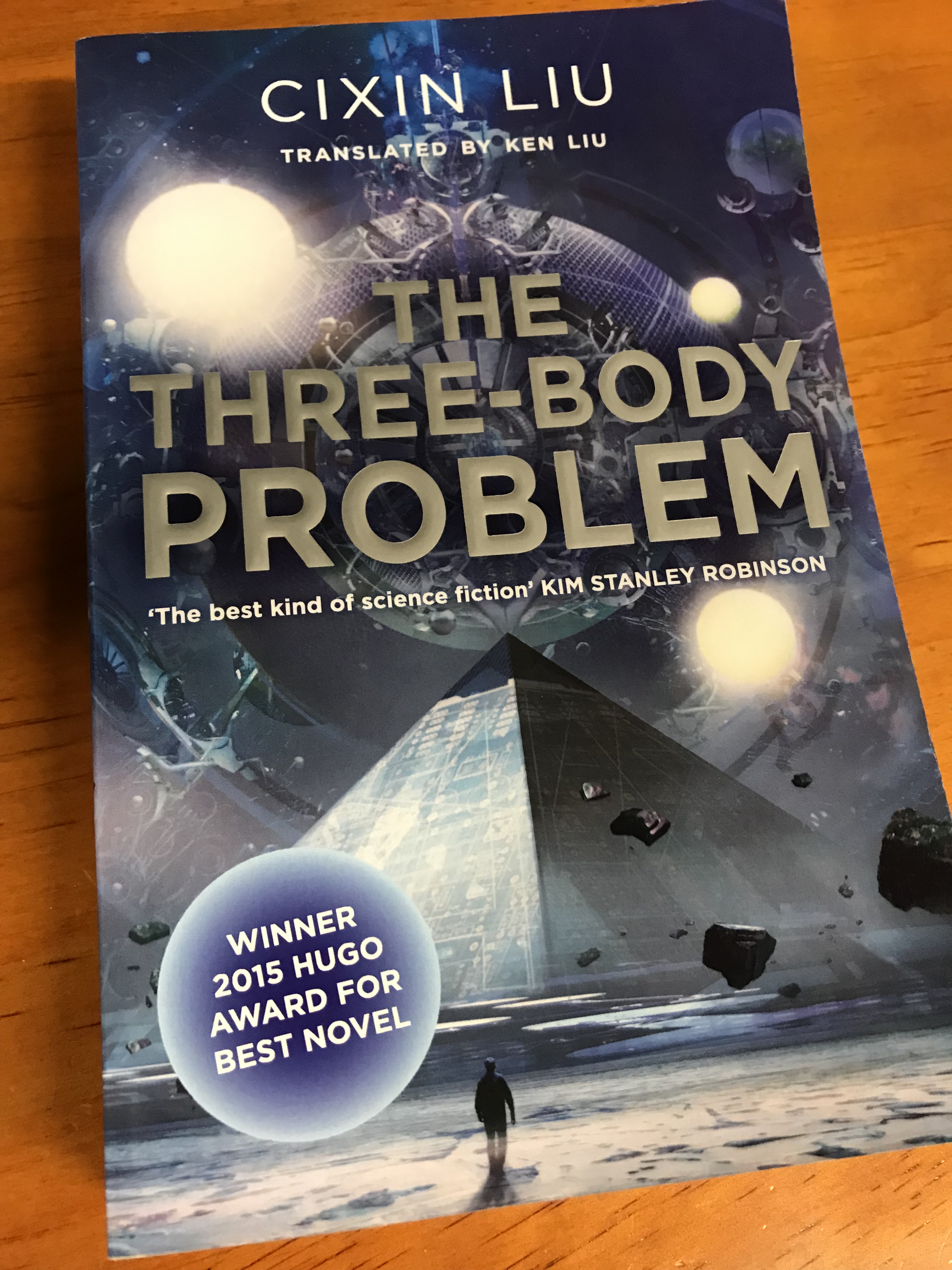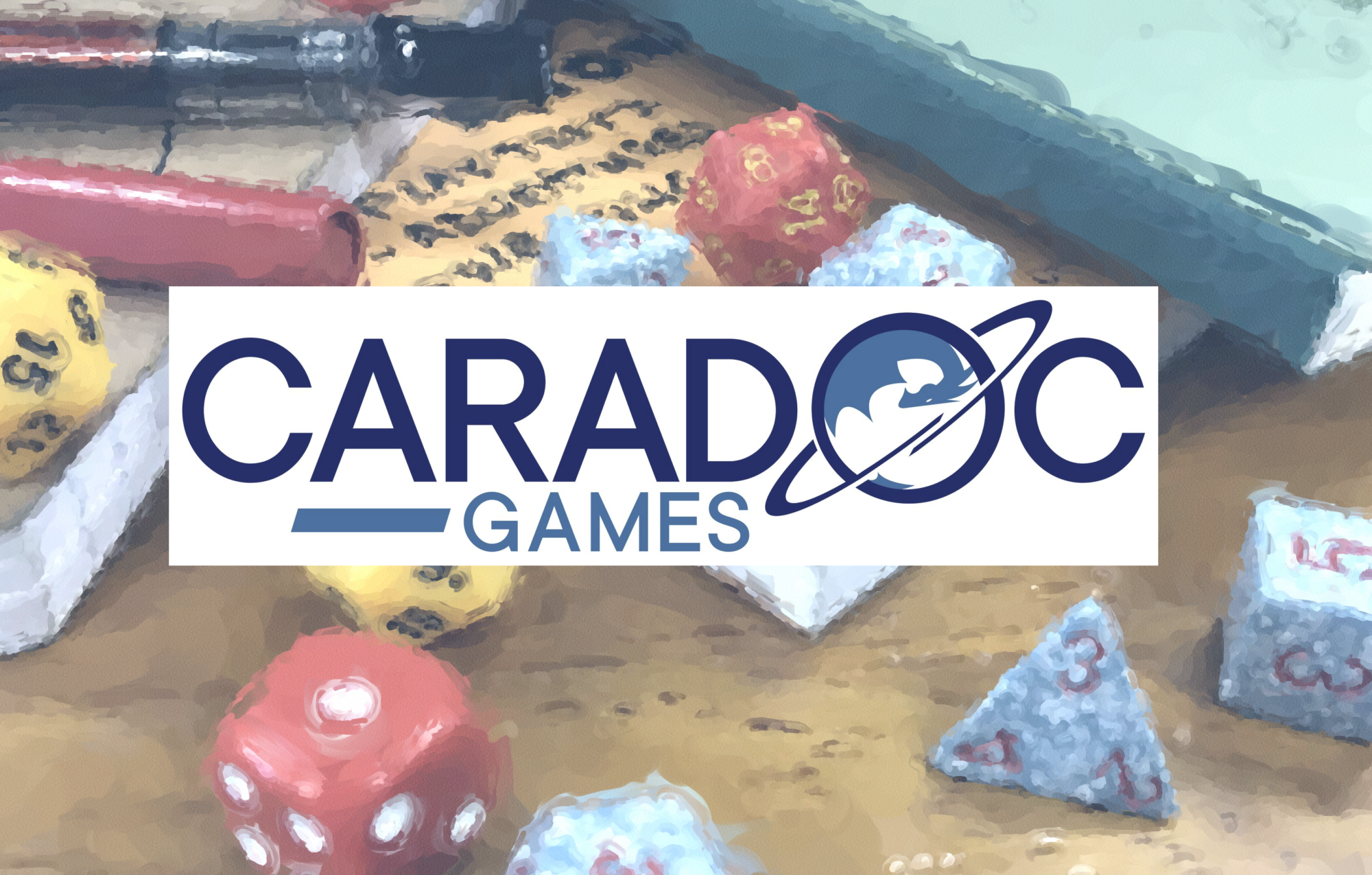The Three Body Problem, by Liu Cixin and translated into English by Ken Liu*, is a science fiction book of enormous scope and stunning imagination. It’s a book that successfully manages to hypothesise fantastic technology and base it in believable science. The Three Body Problem is also frightening. Implications echoing from the revelatory chapters midway through the book had me pause, and made me think again of all of those warnings we read and hear when it comes to the exploration of the universe and the consequences we might unwittingly find there. I’m getting ahead of myself.

The Three Body Problem is the first book in the Remembrance of Earth’s Past series, and begins in the bloody and violent idealism of the Chinese Cultural Revolution. I loved the beginning of the book, and the chaos, violence, fear, and blind nationalism so succinctly and horrifically expressed lent a whole new dimension to everything else I had read about that period of Chinese history. It is also fundamental, because all those things; that mess of emotion and idealism, nationalism and fervour, drive the story through the wounds they leave on the heart and mind of one of the key characters Ye Wenji. Her own moral compass so inextricably linked to her experiences, and so brutally damaged by them that the decisions she makes and the chain of events she willingly initiates are both perfectly monstrous and perfectly understandable rolled into one.
As the book shifts from the Cultural Revolution to the modern day we are introduced to our main protagonist, Wang Miao, a nanomaterials researcher who becomes embroiled in an investigation that slowly peels back the layers of a threat to reveal the terrible truth: it is deeper, larger, and more dangerous than anyone could have believed. I struggled pushing on through the first part of the modern day setting, but as the layers were slowly revealed whatever was holding me at arm’s length relented and I ploughed through to the end.
On reflection it really is a stunning work, and the science fiction aspects are so thoroughly well imagined and imaginative that it really does capture the famous statement from Arthur C. Clarke: “Any technology sufficiently advanced is indistinguishable from magic.” It reads like magic, every technological reveal, every discovery, every revelation, feels like magic. Yet, it is also so grounded in scientific theory, in the concepts of quantum physics, that there is enough of an air about the magic of reality that it is believable. Frightening, and believable.
I don’t want to spoil any more of the story than I have, or give away key plot twists, because the uncovering of them throughout the book is a series of paradigm shifts that are enjoyable to discover. Yet, choosing not discuss the detail, which is where the devil is after all, limits my capacity to discuss the deeper aspects of The Three Body Problem. I will simply state what I believe to be one of the key themes in this book: humanity faces a threat of catastrophic proportions, and yet, the book seems to ask, are we our own biggest problem? Has our legacy sown the seeds of our own destruction?
While I found myself flagging at one point while reading The Three Body Problem, the book really is a wonderful read. The science fiction is stunning, and it asks some big and quite believably relevant questions of us today. I would recommend this book, and for myself, I will be reading the next two. I, for one, welcome our new dehydratable overlords.
*It’s worth noting the translator, Ken Liu, because scattered throughout the book are footnotes and explanations that really add depth and context to the little details that readers not immersed in Chinese history or culture (as I am not) could easily otherwise miss. I imagine there are whole layers in there that for those familiar enough with the period and cultural motifs, would add more diamond sparkle to this gem of a book. Ken Liu is also a highly successful author in his own right, and I plan on picking up his fantasy novel Grace of Kings in my next book order.
